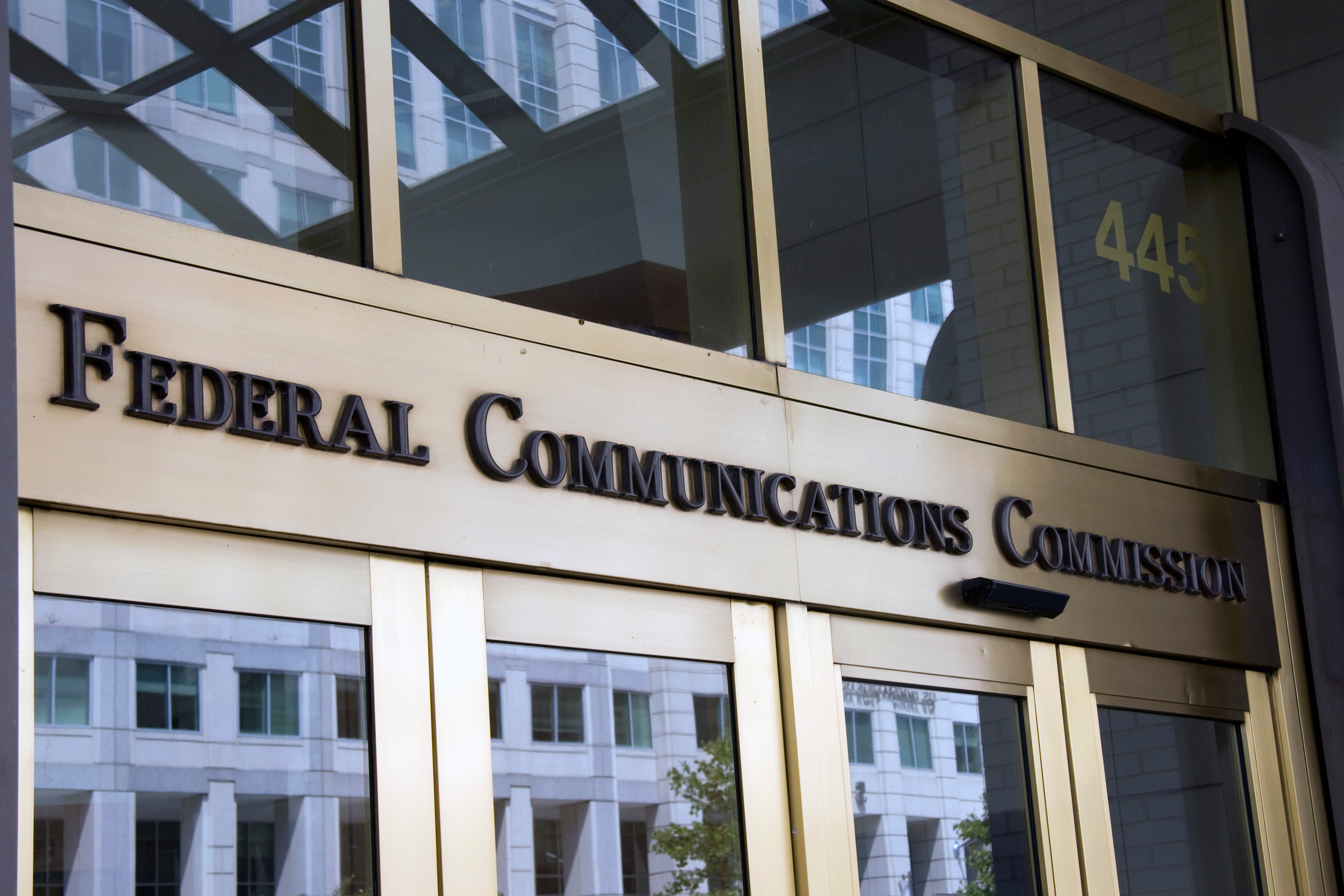FCC Continues Crackdown on Suspect Tech

The smarter way to stay on top of the multichannel video marketplace. Sign up below.
You are now subscribed
Your newsletter sign-up was successful
The FCC has taken further steps to keep suspect tech out of U.S. networks.
The commission voted unanimously Thursday (July 16) to adopt a declaratory rule that its decision last year to exclude tech considered national security threats from its Universal Service Fund subsidy program generally met the requirements of the Secure and Trusted Network Act subsequently passed by Congress.
Related: UK Bans Huawei from 5G Network
It also approved a Second Further Notice of Proposed Rulemaking seeking comment on further implementation of the Act, including identifying untrusted tech that must be excluded:
• "Proposals to create and maintain a list of covered communications equipment and services (Covered List), as required by section 2 of the Secure Networks Act;
• "A proposed rule that would prohibit the use of federal subsidies administered by the Commission, including all USF funding, to purchase, rent, lease, otherwise obtain, or maintain any covered communications equipment and services on the Covered List, as required by section 3 of the Secure Networks Act;
• "A proposal to require all providers of advanced communications services to submit annual reports to the Commission indicating whether they have purchased, rented, leased, or otherwise obtained any covered communications equipment and services, as required by section 5 of the Secure Networks Act; and
The smarter way to stay on top of the multichannel video marketplace. Sign up below.
• "A proposal to implement enforcement penalties and recovery of improperly spent funds, as required by section 7 of the Secure Networks Act."
Related: ORAN Should Be Option in Rip and Replace
FCC commissioner Michael O'Rielly has issues with the list of untrusted companies. "Given the lack of consensus on what equipment and services pose a national security risk, we should take a step back and delay any publication of the list of companies that reported covered equipment under our definition," he warned. "Publicly exposing companies, which did not do anything wrong at the time they purchased their equipment, and potentially causing substantial financial harm should only be considered as a necessary step if their equipment is ultimately determined to pose a true threat."
"Today’s decision is another step by this Commission toward eliminating untrustworthy equipment in our networks. But we need a broader, more cohesive plan to develop and support alternatives that both replace existing equipment and position us to better compete in the future," said commissioner Geoffrey Starks. "[In future items, I recommend we explore requiring each 'rip-and-replace' carrier rebuilding its network to consider solutions offered by an O-RAN provider," he said.
O-RAN is the open radio access networks that rely more on the 5G network software the U.S. dominates than the hardware that China dominates.
The FCC has already formally designated Huawei and ZTE as suspect tech and excluded them from $8.3 billion in USF subsidy money.
“This is another strategic decision by the FCC to ensure that companies that represent a threat to America’s national security are unable to access or build out our next generation communications networks," said Mike Rogers, chairman of 5G Action Now and former chairman of the House Intelligence Committee.
Contributing editor John Eggerton has been an editor and/or writer on media regulation, legislation and policy for over four decades, including covering the FCC, FTC, Congress, the major media trade associations, and the federal courts. In addition to Multichannel News and Broadcasting + Cable, his work has appeared in Radio World, TV Technology, TV Fax, This Week in Consumer Electronics, Variety and the Encyclopedia Britannica.

